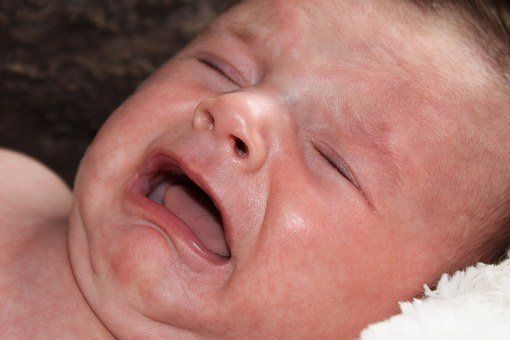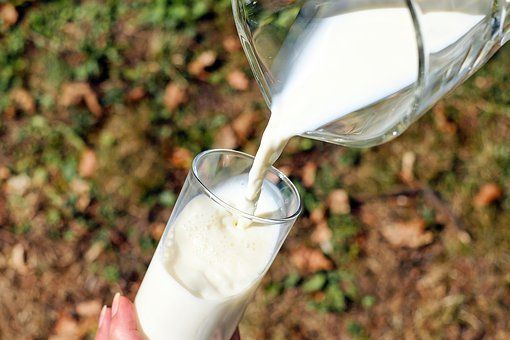Suppression of cow's milk protein.
For moms and dads:
Most studies suggest that the suppression of cow's milk protein is effective, therefore from Incolic we DO advise it, in the cases that are necessary.
For healthcare professionals:
The prevalence of food allergy is increasing worldwide, with cow's milk being the food that produces sensitization most frequently in infants, and is around 0.5-2%; debuts in the first months of life and has a transitory nature in up to 80% of cases. The most frequent allergen is casein that represents 80% of the protein contained in cow's milk.
The most common clinical manifestations are immediate reactions, with cutaneous symptoms (angioedema, urticaria, dermatitis) and digestive (vomiting, acute diarrhea), with respiratory and systemic symptoms being less frequent. The diagnosis of suspicion is based on the clinical history, which must be confirmed with the improvement when suppressing milk and feed derivatives and, if possible, with the reappearance of symptoms when reintroducing it after a variable period of time. It is advisable to conduct an allergy study in the patient who improves after suppression, to confirm whether or not the allergy to vaccine proteins is IgE mediated. The only treatment that has proven effective is the suppression diet, which should be as strict as possible, based on breastfeeding with a diet excluding milk and derivatives in the mother, or with formulas with extensively hydrolyzed milk proteins or proteins soy. The prognosis is usually good and most will tolerate cow's milk proteins at two years of age, being earlier when presented in isolation; on the other hand, in polysensitized patients it usually takes more years to disappear. In the case of not reaching tolerance, oral immunotherapy is an option, but for the moment limited to research.
(Pediatr Integral 2013; XVII (8): 554-563)
Most studies suggest that the suppression of cow's milk protein is effective.
Regarding artificial milks: hydrolyzed casein formulas seem to be the most indicated.
(Lothe L, Lindberg T, Jakobsson I. Cow's milk formula as a cause of infantile colic: A double-blind study. Pediatrics. 1982; 70: 7-10.50.)
(Forsyth BW. Colic and the effect on changing formulas: a double-blind, multiple crossover study. J Pediatr. 1989; 115: 521-6)
(Hill DJ, Hudson IL, Shefield Lj, Shelton MJ, Menahem S, Hosking CS. A low allergen diet is a significant intervention in infantile colic: results of a community-based study. Allergy Clin Immunol. 1995; 96: 886-92 )
However, soy formulas have no evidence to support their use for the prevention or management of childhood colic, as indicated by the expert committee of the European Pediatric Society of Gastroenterology, Hepatology and Nutrition (ESPGHAN).
In relation to breastfeeding, it has not been shown that a diet free of cow's milk protein and other allergens (including eggs, nuts, fish) significantly reduces baby colic. In fact, we find conflicting opinions in the scientific literature.
(Zeiger Rs, Heller S, Mellon MH, Forsythe AB, O'Connor Rd, Hamburger RN et al. Effect of combined maternal and infant food-allergen avoidance on development of atopy in early infancy: a randomized study. J Allergy Clin Immunol. 1989; 84: 72-89)
(Hatteving G, Kjellman B, Sigurs N, Bjorksten B, Kjellman NIm. Effect of maternal avoidance of eggs, cow's milk and fish during lactation upon allergic manifestations in infants. Clin Exp Allergy. 1989; 19: 27-32)








